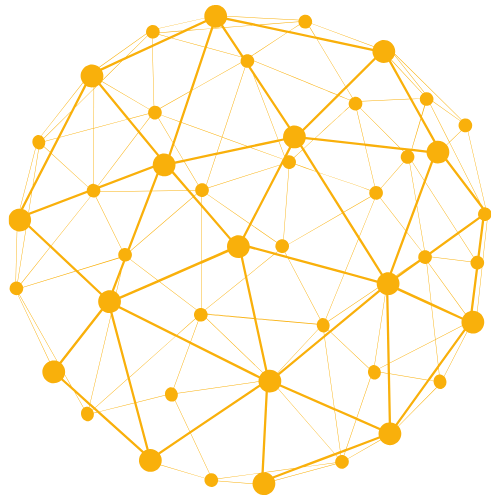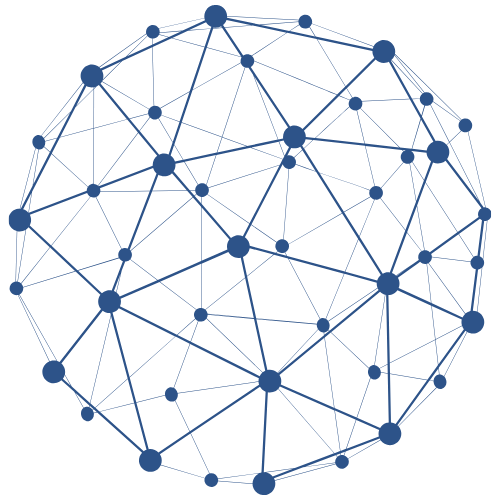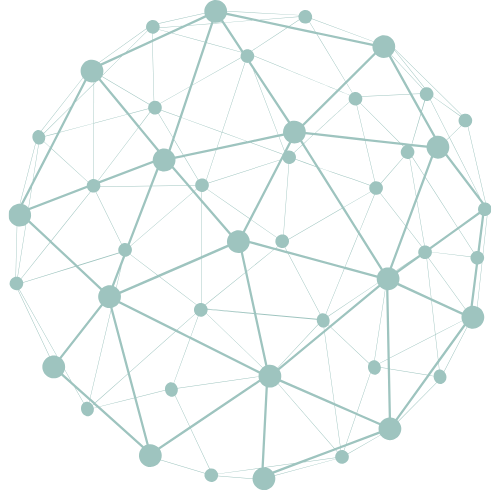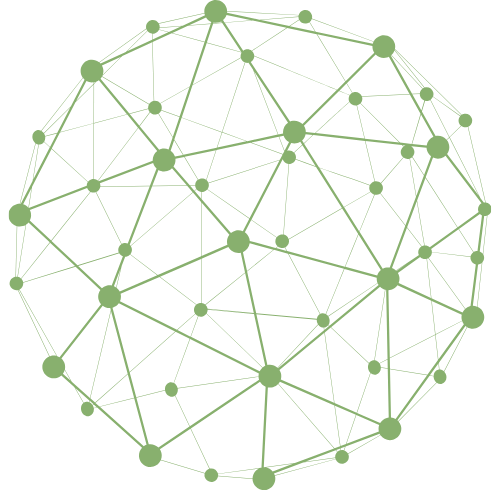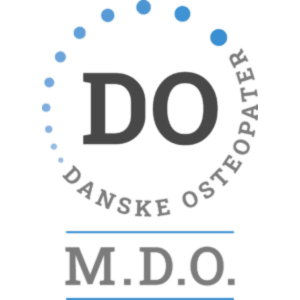‘Autopoiesis & Cognition’, and Enactivism in the Context of Osteopathic Systems Thinking
The 1970s saw a significant shift in the understanding of life and cognition through the innovative lens of the concept “autopoiesis”. Introduced by Chilean biologists Humberto Maturana and Francisco Varela in their pioneering work “Autopoiesis and Cognition”, this concept was developed as a counterpoint to traditional biological and cognitive models. The authors sought a framework that could holistically encapsulate the nature of life and cognition in its organic, self-sustaining entirety.
Core Concepts:
- Autopoiesis: From the Greek words ‘auto’ (self) and ‘poiesis’ (creation or production), autopoiesis captures the notion that living systems are self-producing and self-maintaining. An autopoietic system constantly rejuvenates and upholds its components, ensuring its continuity and autonomy from its environment.
- Cognition: Maturana and Varela offered a transformative perspective on cognition. Instead of viewing it as mere representation or information processing, they posited that cognition is an active, embodied engagement of a living system with its environment. Simply put, to live is to know.
- Structural Coupling: This underlines the dynamic interplay between an organism and its environment. It signifies the mutual influence and adaptation, showcasing how an organism and its environment co-evolve.
Emergence of Enactivism:
Building on the foundational ideas of autopoiesis and embodied cognition, enactivism emerged as a significant philosophical position. It suggests that cognition arises through a dynamic interaction between an acting organism and its environment. Enactivism extends the idea of cognition beyond brain activity, proposing that mind and world are inextricably intertwined.
Relevance to Osteopathic Systems Thinking:
Principles from “Autopoiesis and Cognition” hold promising implications for osteopathy. Seeing the body as an autopoietic entity recognizes its inherent ability to heal and regenerate. The osteopathic principles, rooted in the body’s holistic interconnectedness, potentially aligns seamlessly with the idea of structural coupling. As practitioners assist patients, they’re not merely addressing symptoms; they’re supporting the body’s innate autopoietic processes. By integrating insights from Maturana, Varela, and the enactive approach, osteopathy can deepen its commitment to holistic health, aligning interventions with the body’s organic cognitive and self-renewing capacities.
Enactivism, (En)active inference, Free Energy Principle (FEB):
The FEP, developed by Karl Friston, suggests living systems aim to minimize prediction errors in their interactions with the environment. When combined with enactivism, this perspective emphasizes an active, intertwined relationship between an organism and its surroundings. Though highly relevant, this project has not yet delved deeply into how a synthesis of ‘Autopoiesis & Cognition’ (including Enactivism) and the Free Energy Principle might be best suited. Looking at the work by; Shaw, Abbey, Casals-Gutiérrez and Maretic (2022), Esteves, J. E., Cerritelli, Kim and Friston (2022), Cerritelli, F. and Esteves (2022) Exploring this venue seems quit evident.
References:
- Maturana, Humberto R & Varela, Francisco J 1980. Autopoiesis and Cognition : the realization of the living. Dordrecht [Etc.]: Reidel Publishing Company.
- Varela, Francisco J, Rosch, Eleanor & Thompson, Evan 2016. The Embodied Mind: Cognitive Science and Human Experience. Cambridge, Massachusetts: The Mit Press.
- Cerritelli, Francesco & Esteves, Jorge E. 2022. An Enactive–Ecological Model to Guide Patient-Centered Osteopathic Care. Healthcare. 10(6), 1092. DOI: https://doi.org/10.3390/healthcare10061092.
- Esteves, Jorge E., Cerritelli, Francesco, Kim, Joohan & Friston, Karl J. 2022. Osteopathic Care as (En)active Inference: A Theoretical Framework for Developing an Integrative Hypothesis in Osteopathy. Frontiers in Psychology. 13(Article; 812926). DOI: https://doi.org/10.3389/fpsyg.2022.812926.
- Shaw, Robert, Abbey, Hilary, Casals-Gutiérrez, Sergi & Maretic, Sanja 2022. Reconceptualizing the therapeutic alliance in osteopathic practice: Integrating insights from phenomenology, psychology and enactive inference. International Journal of Osteopathic Medicine. 46, 36–44. DOI: https://doi.org/10.1016/j.ijosm.2022.06.003.
